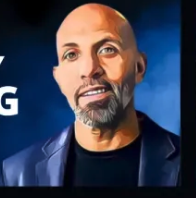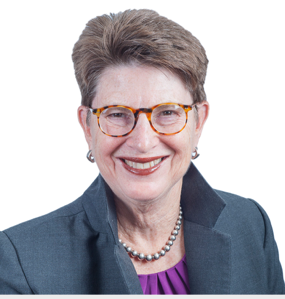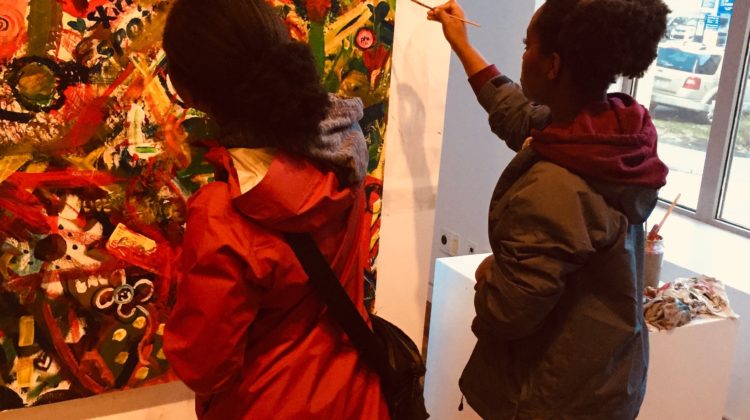
Jean-Benoit recently attended a conference of the association, Francophonie des Amériques where he heard University of Laval professor Michelle Daveluy speak about her adventures aboard the Canadian Marine’s frigates NCSM Ville de Québec and HMCS Vancouver. Daveluy, a communications ethnologist, spent several weeks at sea with the Canadian marines researching how communication happens in a bilingual military environment.
Daveluy got a good laugh from the audience with one of her stories.
Specific military regulations about bilingualism require the HMCS Vancouver to have on board 30% unilingual Francophones, and on the NCSM Ville de Québec, 30% unilingual Anglophones.
The NCSM Ville de Québec ship is the only Francophone unit of the Canadian marines. Far from being the poor cousin of the fleet, candidates wait a long time to be appointed to this elite ship.
Daveluy found that the practice of bilingualism on the francophone ship was stratified. The officers made an effort to speak, the sub-officers less so, and the marines not at all. They simply lived in linguistic bubbles according to their mother tongues. So a unilingual Anglophone marine could spend 22 years aboard the NCSM Ville de Québec without learning a word of French – and many did.
Daveluy saw that there are limits to bilingual regulations, to put it mildly. The NCSM Ville de Québec must communicate in English with all other Canadian units. And in emergency situations, all communication had to take place in English. Why? For the safety of the 30%-regulation unilingual Anglophones. One can well imagine the distress of a unilingual Anglophone watching the waters rise, and only hearing French…
Yet as Daveluy discovered, there is no such regulation-counterpart to protect the 30%-regulation unilingual Francophones on the HMCS Vancouver. In emergency situations there, communication is also in English. So if the francophone marines are going to drown, they’ll have to do it in English.
As the slogan of the now defunct Croc magazine went: It’s not because we laugh that it’s funny.










